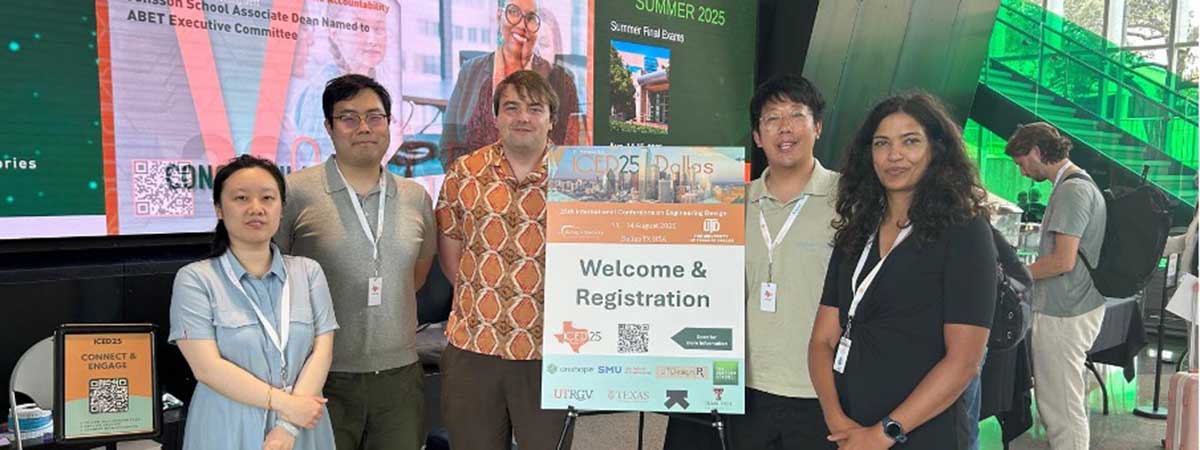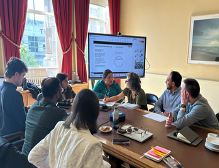Overview
Zoetis is the world’s leading animal health company. Zoetis discovers, develops and manufactures vaccines, medicines, diagnostics and other technologies for companion animals and livestock. The company offers an advanced portfolio and pipeline of solutions that generated $7.8 billion in revenue in 2021. A key part of its strategy is the adoption of digital technologies across all of its activities. As part of this work, it has invested in vHive, the Veterinary Health Innovation Engine based at the University of Surrey, UK. The DIGIT Lab is key supporter of vHive and works in collaboration with its staff to explore several priority areas in digital innovation and digital transformation.
Challenges/Research Questions
Digital technology adoption has been a key focus for Zoetis for a number of years. However, in this journey is it is facing a number of challenges to increase the quality and efficacy of its solutions, interact through digital channels with the wide section of stakeholders in the animal health value chain, and improve the efficiency of its own ways of work. To support these activities, the work of the DIGIT Lab has focused on three key research areas:
- How is digital technology adoption changing the relationship between key stakeholders in animal health? What impact is this having on fundamental concerns for stakeholders such as trust, risk, and value?
- What are the new business model opportunities that arise due to digital transformation across the animal health industry? How should Zoetis update its strategies and organizational approach to take advantage of them?
- What role do new and expanded data sources and advanced AI techniques offer for increasing insights to improve animal health and welfare, enhance use of responsible and ethical approaches, and optimize sustainable practices?
Progress
Throughout this work, DIGIT Lab has work closely with Zoetis and vHive teams to investigate its key research questions. Many of the activities undertaken have required deep involvement in specific product challenge areas, often proprietary in nature due to their commercial sensitivity. Examples include direct input to the design of new products such as wearables for companion animals, comparisons of alternative pricing schemes when introducing digital data gathering devices onto farms, frameworks for reviewing business model designs supporting outcome-based value assessment in treatments for common diseases in companion animals, and review of digital data gathering approaches using sentiment analysis on social media to understand pet trends during the Covid pandemic.
These research activities have been accompanied by support for delivery of a data management framework aimed at supporting sharing of critical animal health data. DIHAH, the Data Innovation Hub for Animal Health, unlocks the potential to enhance economic competitiveness and productivity growth through fostering new products, processes, organisational methods and enabling enhanced value-based business models. This data infrastructure is now available for partner use and is being tested in a variety of usage scenarios.
Outputs
To accompany this work, a series of academic articles has been published to document our work. These include:
Kazantsev N; Brewer S; Godsiff P (2022). The value of trust in the digital economy: The role of data sharing clubs. Proceedings of CADE 2022. Link.
Cherry G; Kazantsev N; Wright A; Street T; Wells K; Cook AJ; Brown AW (2002). Semantic data innovation hubs: answer as a service. Proceedings of CADE 2022. Link.
Kazantsev N; Maull R; Zwiegelaar J; Brown AW (2022). Data sharing for business model innovation in platform ecosystems: From private data to public good. Technological Forecasting & Social Change. Accepted for Publication.
This work has also influenced broader publication activities, including:
Brown AW (2021). Digital Economy Dispatches: Critical reflections on how to succeed with digital transformation in turbulent times. Unities Press. Link.
Brown AW (2021). Digital Transformation: Toward a New Perspective for Large Established Organizations in a Digital Age. In Ekman P, Dahlin P, Keller C (Eds.), Management and Information Technology after Digital Transformation. Routledge. Link.




